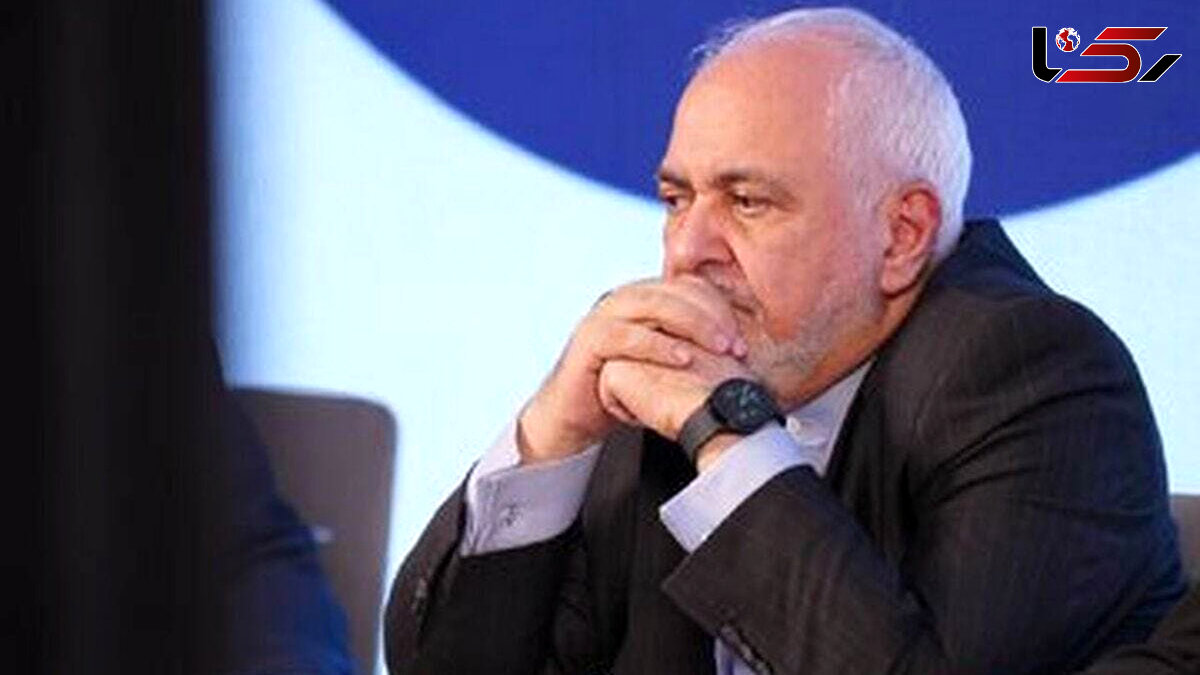Zarif: The Region Must Choose – Endless Aggression or the Dawn of Genuine Cooperation
Rokna Political Desk: Former Iranian Foreign Minister wrote that the Zionist regime’s aggression against Qatar has proven that “West Asia stands on the edge of an abyss and must choose between endless aggression and the dawn of genuine cooperation.”

According to Rokna, Mohammad Javad Zarif, Iran’s former Foreign Minister, in an article published in Lebanon’s Al-Akhbar newspaper, referred to the recent Israeli attack on Qatar and warned that West Asia is facing a historic choice: the continuation of aggression or the beginning of real cooperation.
Zarif wrote: “Israel’s shameless aggression against Qatar has undoubtedly proven that West Asia stands at the edge of a precipice and must choose between endless aggression and the dawn of genuine cooperation.”
By painting a picture of Israel’s actions in the region, he cited the “ongoing genocide in Gaza,” the “systematic ethnic cleansing in the West Bank,” and the “daily attacks on Yemen, Syria, Lebanon, and now Qatar,” describing these actions as part of a “relentless destabilization campaign.”
Zarif emphasized: “Israel’s bombings observe no red lines. In Iran, the assassination of scientists and attacks on our facilities amount to clear acts of state terrorism. In Qatar, the terrorist assault on peace negotiators demonstrates that peace itself constitutes the only existential threat to Israel.”
He characterized these measures as beyond the decisions of an extremist cabinet, describing them as part of a “broader and calculated strategy to subjugate the entire region,” a strategy rooted in the project of “Greater Israel.”
The former Foreign Minister went on to elaborate on the dimensions of this project, calling it an “expansionist, racist, and colonial scheme” designed to cement Israel’s domination over the region, employing tools such as “genocide, ethnic cleansing, annexation, and the falsification of history.” He added: “This savage illusion seeks to destroy the foundations of international law and secure absolute impunity through the unreserved support of Western powers, especially the United States.”
Referring to the Zionist Prime Minister’s speech at the United Nations General Assembly last year, in which he unveiled the “Map of Blessing” and the “Map of Curse,” Zarif described this as “a cover for the sinister plan of bombing the entire region,” listing Israel’s actions and sarcastically writing that these are the so-called “blessings” prepared for West Asia.
Zarif wrote: “Famine as a weapon in Gaza, apartheid, brutality, and land grabs in the West Bank, daily assaults on civilians and vital infrastructure in Syria, Lebanon, and Yemen, open aggression and the assassination of scientists along with their families, neighbors, and bystanders in Iran, the aerial bombing of peace negotiators in Qatar, the shelling of UN institutions — including schools and hospitals — and the targeting and massacre of hundreds of journalists in the assault on the humanitarian fleet Sumud all demonstrate the ‘blessing’ that this war criminal and his accomplices and patrons have planned for West Asia.”
In contrast to this vision, Zarif outlined the concept of a “Strong Region,” an alternative vision built on “justice, compassion, empathy, sovereignty, territorial integrity, non-interference, and cooperation,” aimed at “strengthening equitable partnerships for regional stability.”
He stressed: “This requires moving beyond zero-sum calculations and embracing synergy, where cooperation multiplies everyone’s strength.”
The former Iranian Foreign Minister drew a stark dichotomy between “surrendering to Israel’s destructive project” and “building a future of shared security and prosperity.” He called for “bold and forward-looking initiatives” and proposed the establishment of a “West Asian Muslim Dialogue Forum (Modaddat Initiative)” for continuous consultations on security, economic, and cultural issues.
He also addressed the nuclear issue, criticizing the “nuclear-armed aggressor” that has securitized peaceful technology, and highlighted the potential of nuclear energy in addressing regional crises. He proposed that regional states participate in the “Manara Network,” undertaking joint investments in enrichment, waste management, nuclear fusion, and medical isotopes, while ensuring transparency and trust through a joint supervisory body.
In conclusion, Zarif described the concept of a “Strong Region” as a framework to transform the “sacrifices of resistance” into a “strategy,” writing: “By co-creating an inspiring future for West Asia, the countries and peoples of the region can neutralize the savage medieval illusion of Greater Israel and secure a new Middle East free of bigotry, apartheid, aggression, and weapons of mass destruction.”
Send Comments